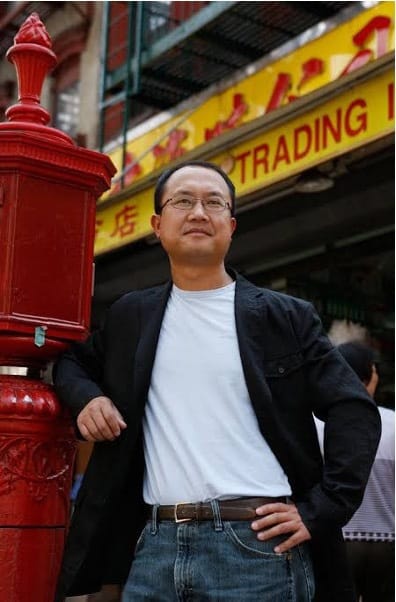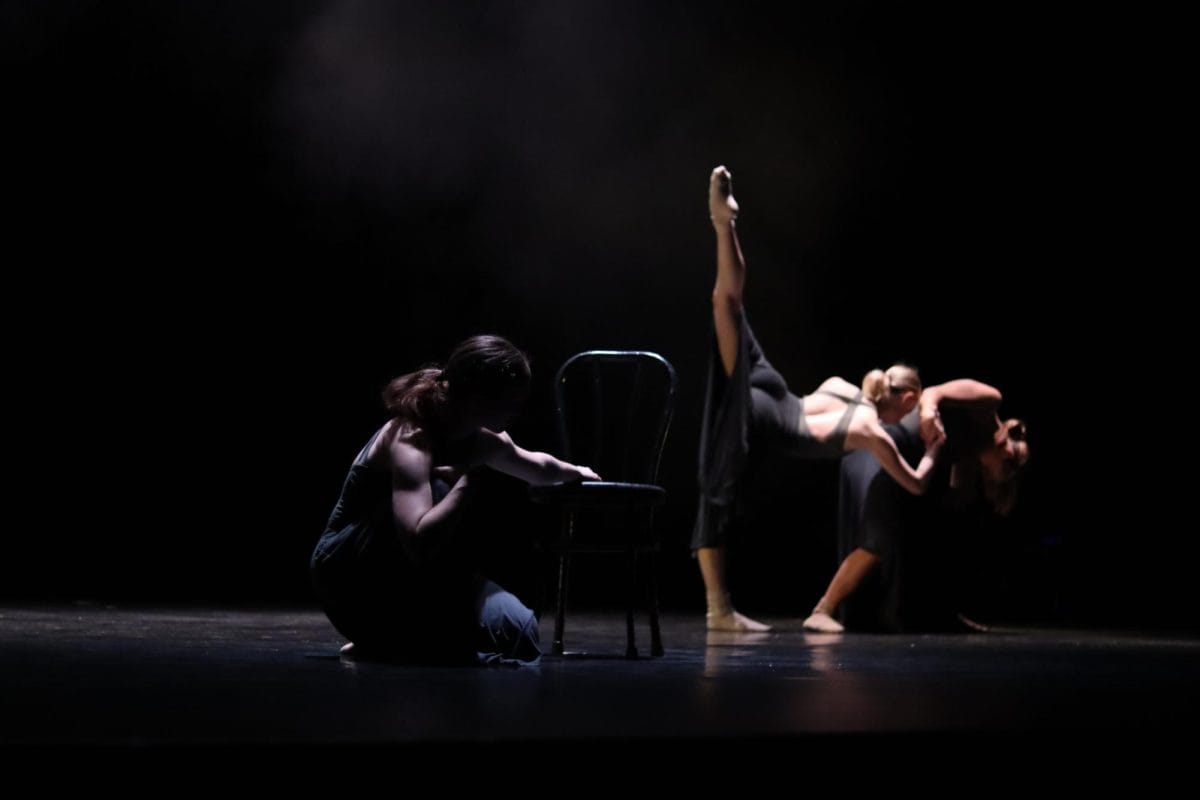Abortion is one of the most contentious issues on the University’s campus. To see proof of this, you don’t need to look further than the sidewalk.
Both pro and anti-abortion groups frequently use the walkways around campus to get out their message. One chalk drawing supporting abortion access shows a coat hanger surrounded by the words “we won’t go back.” Common phrases in graffiti opposing abortion include “we are the pro-life generation” and “abortion stops a beating heart.”
There are several groups on campus that allow students to become active on one side of the issue or the other. Part of what makes reproductive health so controversial at Alabama is that Tuscaloosa is the home of one of the few clinics in the state that provides abortion services. It is located about a mile off campus on Jack Warner Parkway.
Helmi Henkin, an advocate for reproductive rights and senior psychology and French major, said that abortion is such a controversial issue because it is high-stakes for the women involved.
“Abortion is a life or death issue,” Henkin said. Whether people are unable to have a child for medical reasons, or because of their economic situation, an unwanted pregnancy can be a life-changing event.
Henkin is involved in a variety of pro-abortion organizations. She is the treasurer of the Yellowhammer Fund, a service that provides financial assistance for people seeking an abortion in Alabama.
Access to abortion is limited for low-income people because of a law called the Hyde Amendment, which prevents federal money from being used on abortion. People who have health insurance through Medicaid or a military health plan are unable to use it to access abortion services. The Yellowhammer Fund seeks to help low-income abortion seekers.
The clinic in Tuscaloosa is the frequent site of protests. Henkin is also involved in the West Alabama Clinic Defenders, a group that escorts people seeking an abortion to and from their cars and monitors protestors to ensure they are complying with the law. Henkin said there have been tensions between the two groups in the past, but that the protesters in Tuscaloosa are less aggressive than their counterparts in some other cities.
“There’s a saying [among] clinic escorts: A boring day is a good day,” Henkin said. “I feel lucky that we have a lot of boring days.”
Other students at UA advocate against abortion. Georgia Gallagher is a sophomore journalism major and the president of Bama Students for Life. She became interested in the issue when she got to college but was always sympathetic to the “pro-life” movement. Her biological father had encouraged her mother to have an abortion.
Bama Students for Life’s main form of activism is tabling at the Ferguson Center and distributing information about topics such as adoption to students.
“We get to talk directly with students, which is really cool because it’s nice to get a read on what the student population is feeling and hear from both sides, hear lots of different perspectives and have productive conversations with people,” she said.
The group often conducts activities that are designed to “ruffle feathers.” Perhaps the most visible form of activism that Bama Students for Life does is the “cemetery of the innocents” the group creates on the Quad each year. Students place dozens of flags out on the grass, symbolizing the number of abortions conducted daily. Gallagher said this is a controversial event, which often prompts confrontation. However, she views it as a way of starting conversations with people.
“We don’t want people to be upset, but we do want people to actually consider what’s going on and consider the issue,” she said.
Bama Students for Life also does “sidewalk counseling” at the local abortion clinic. They attempt to reach out people seeking an abortion and talk to them. If a woman decides to talk to a BSL member, they are given a “blessing bag” of resources, which includes information about adoption and the local crisis pregnancy center. However, the group does not picket at the clinic and distances itself from groups that do.
“We don’t want a woman to ever feel like we hate them or we want to harass them or anything, because we wouldn’t be out there if we didn’t love those women and want the best for them,” Gallagher said. “We know that a lot of the time when a woman chooses abortion, it’s just because she feels like she has no other option, and we want her to know that she does.”
Other groups on campus focus on reproductive healthcare in a broad sense that includes advocacy for abortion as well as other issues. URGE, or “Unite for Reproductive and Gender Equity” is a student group that “advocates for sexual and reproductive justice on the local level,” according to their website. Andi Duncan, the Alabama state coordinator for URGE, said the group takes an intersectional approach to reproductive health.
“Everything is reproductive justice, whether that’s queer rights or immigrant rights,” he said.
URGE is currently working on lobbying state legislators in Montgomery to reform rules about sexual education in Alabama. Currently, teachers are told to inform students that homosexuality is immoral and illegal. Some consider this language homophobic, and it’s also technically inaccurate, as laws against homosexual behavior are unconstitutional. A bill to remove some of this language currently has bipartisan support. This issue is important to Duncan.
“I want to make sure the next kid having sex ed in Alabama isn’t being told being gay is wrong or illegal,” he said.
The group also sponsors The Walk of Shame, a local event in which students are encouraged to march while dressing in a way they deem provocative, as a way of countering stereotypes surrounding sexual assault.
“In terms of sexual health, it doesn’t matter what you were wearing or where you were. No one asks to be sexually assaulted,” Duncan said.
Many members of URGE also do advocacy for the Yellowhammer Fund or the West Alabama Clinic Defenders. Activism for abortion was what first drew Duncan into joining URGE. He saw the president of the organization wearing a necklace adorned with a coat hanger at a Get On Board Day event during his freshman year. Duncan thought this was a fashion statement, but it had greater meaning.
Duncan said the group’s president explained to him that the coat hanger was a symbol of pro-abortion advocacy, because before abortion access was legal, women often had to use unsafe means to terminate a pregnancy. This idea is what convinced him to advocate for the issue.
“If folks can’t find an abortion at a local clinic, they will find a way to have one,” Duncan said.
Regardless of your feelings on the issue, it is unlikely that activism around abortion and reproductive health will stop anytime soon. Some, including Helmi Henkin, say their activism still has a long way to go.
“There’s still a lot of work to be done on this campus and in this community,” Henkin said.
The original version of this article contained factual errors about the precise nature of the Hyde Amendment. It also incorrectly stated that Georgia Gallagher was raised by a single mother. The Crimson White regrets the error.







